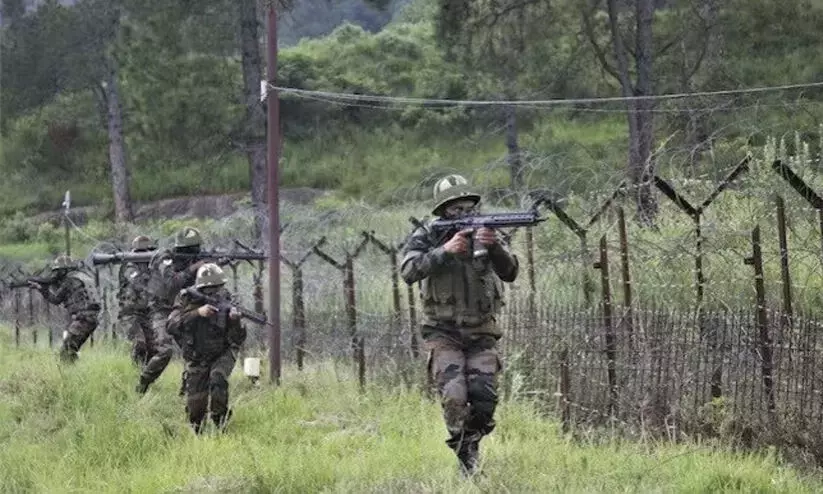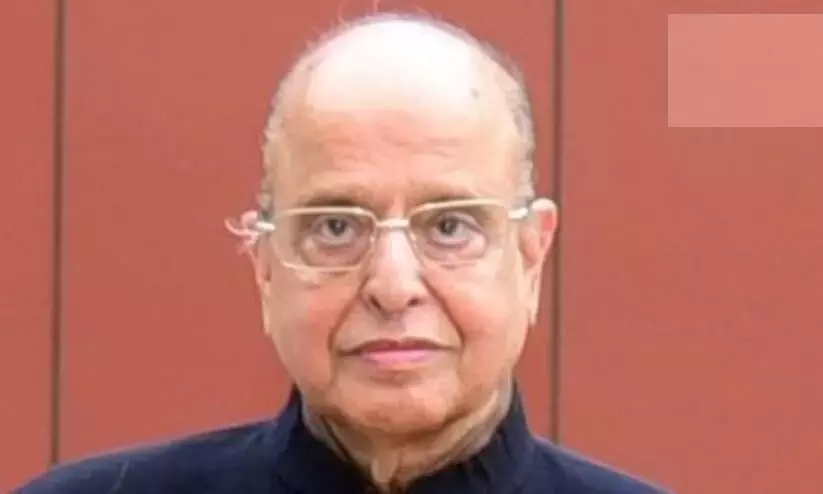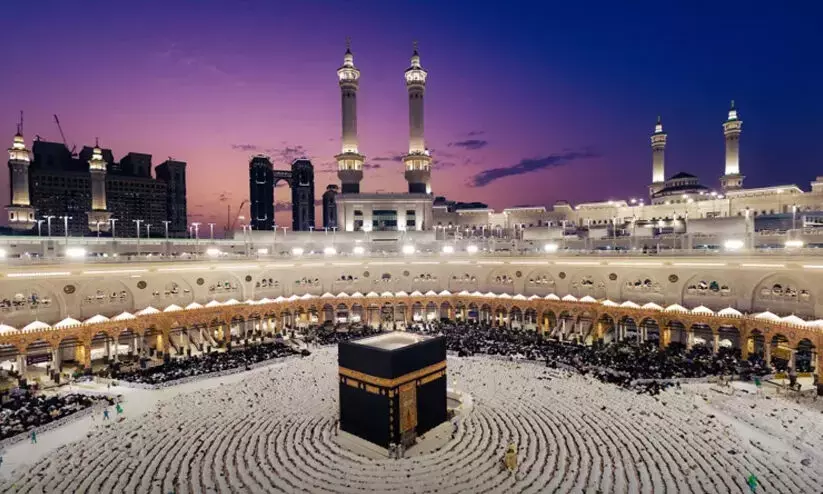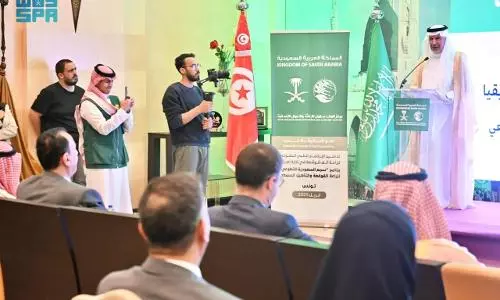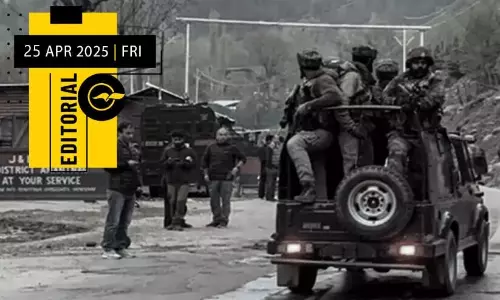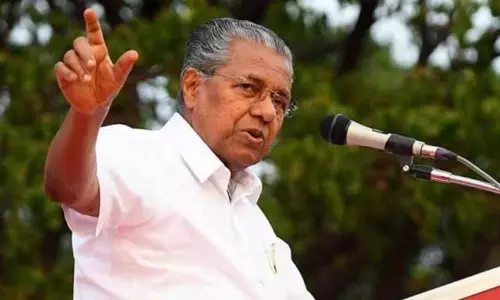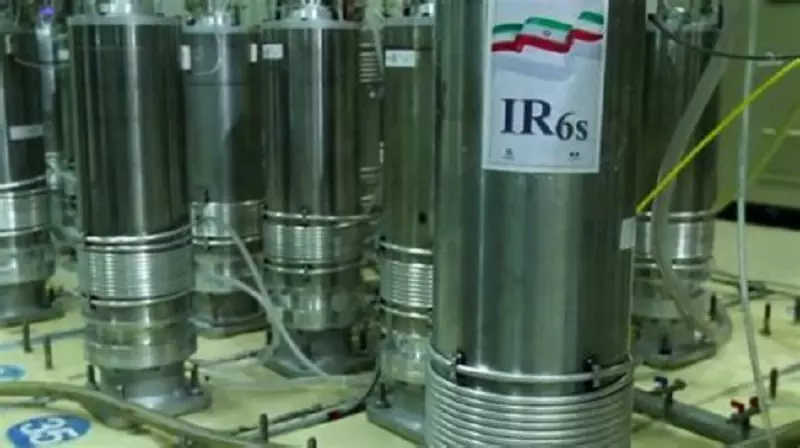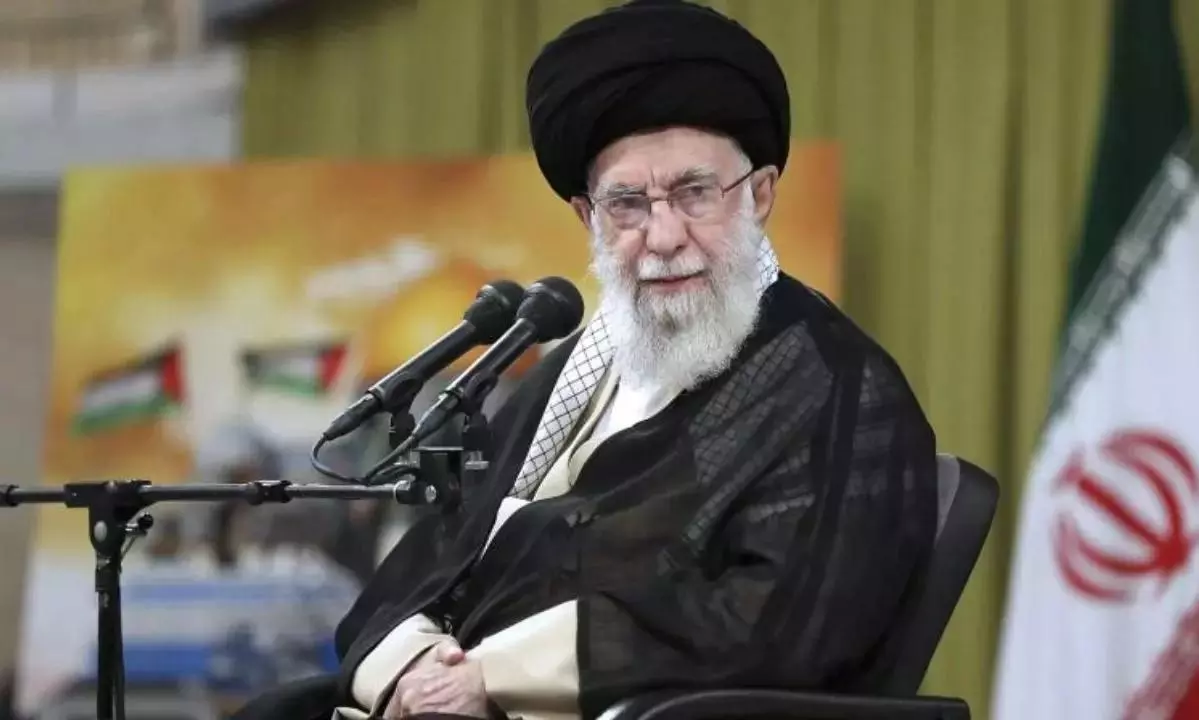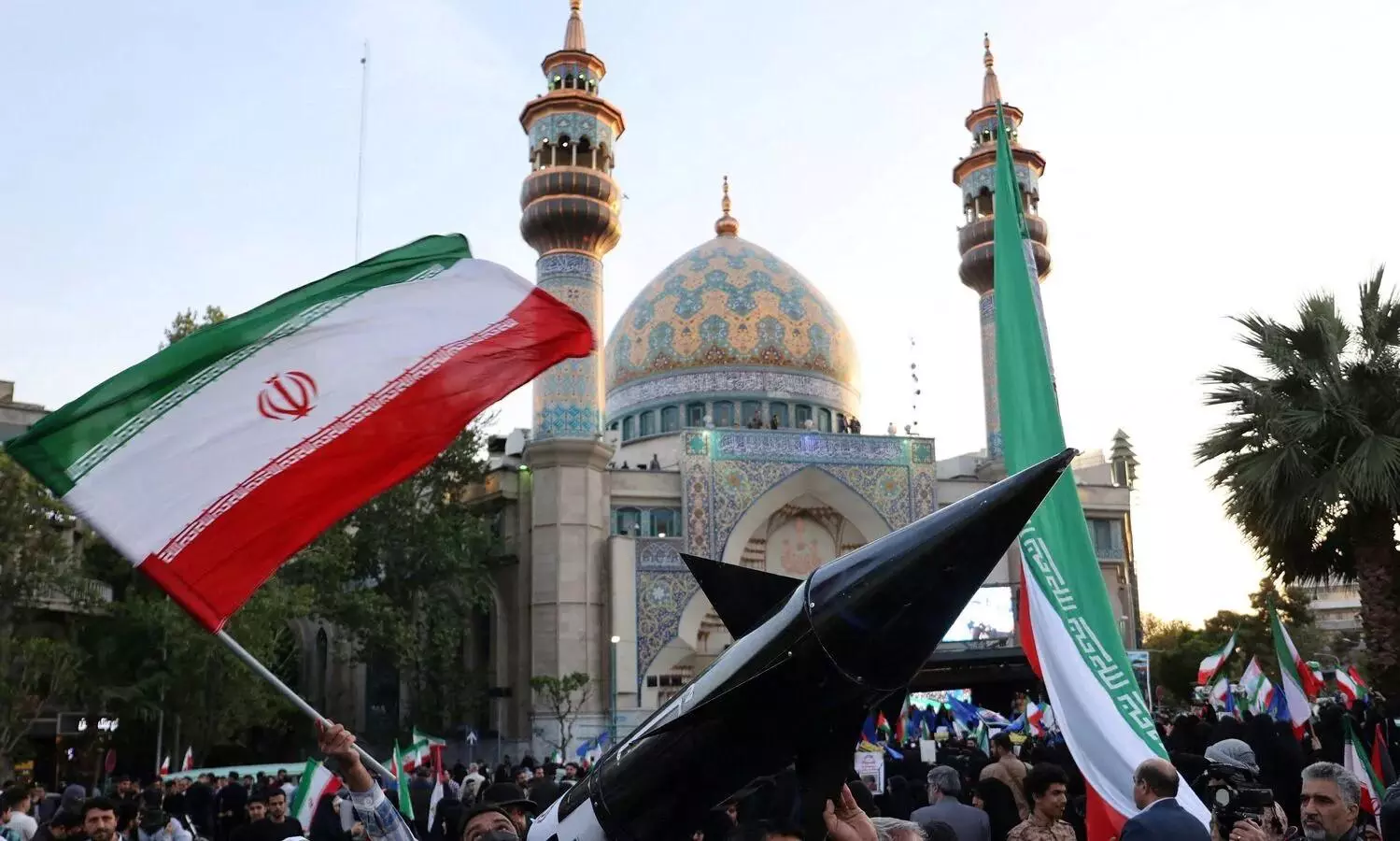
Can Iran go nuclear?
text_fieldsImage for representation only
It was US Republican Senator Lindsey Graham, who is very close to the White House and the occupying state of Israel, that recently expressed his views on ending the war in Gaza. According to him, it could be legalized if Israel uses a nuclear bomb to destroy the Gaza Strip and exterminate two million of its people, similar to his country’s bombing of the cities of Hiroshima and Nagasaki. It terrorized the Japanese people and declared a bloody end to World War II. Don't ask how cruel the mindset of this Senator is! Most often, our political leaders do not know what they are talking about. The Gaza Strip is only 165 square kilometers. If a nuclear bomb is exploded in Gaza, the survival of his pet country Israel would be in peril. Transfer of nuclear radiation to the heart of the occupying state will annihilate hundreds of thousands, if not millions, of its settlers!
This has become a trigger to discuss the nuclear doctrine of Iran. Two senior Iranian officials said that the “Fatwa”, prohibiting the production and use of nuclear weapons, is not “ sacred” and that it is subject to change. The first was Jawad Karimi Quddoos, the conservative MP in Parliament and member of the Iranian Supreme National Security Council, who said, "If Mr Khamenei’s fatwa is changed, the first nuclear test will be conducted within a week". Kamal Kharazi, head of the Strategic Council for Iranian Foreign Relations, also said at a political conference, “If this country is exposed to a nuclear threat from Israel, Iran will immediately change its nuclear doctrine.”
The statements of Iranian officials cannot be ignored as Rafael Grossi, Director of International Atomic Energy Agency, confirmed, “Iran has enough highly enriched uranium to make several nuclear bombs”. Iran possesses Fattah 2 hypersonic missiles capable of carrying nuclear heads, with a range of up to 2,000 kilometers. The presence of these missiles cannot be just for show, but rather is one of the most prominent tools of the Iranian military deterrence arsenal, dedicated to confronting any Israeli nuclear aggression. Israel is the only one in the region that possesses nuclear warheads and threatens the countries and peoples around. Now, the time has come to put an end to this threat and Iran is the only one capable of doing it in the region.
Recently, the Times of Israel published an article by writer Amir Bar-Shalom under the title, “New nuclear hints.” The writer drew attention to a series of statements that raise suspicions that something has begun to change in Iran regarding its nuclear program. According to him, until now there were no intelligence indications that Iran had decided to cross the nuclear threshold and make a bomb. But, now the Senior officials in Iran seem to express a departure from the vague line that has been followed until now. Kamal Kharrazi a senior advisor to the Iranian Supreme Leader said in an interview, “Although we have not made a decision to make a bomb, if Iran interprets the existence of any threat to its existence and the nuclear sites are attacked, then there will be no choice but to change our nuclear policy". Statements by the Iranian officials about changing the “nuclear prohibition” fatwa reflect Iranian awareness, a serious willingness to confront all possibilities, and not to hesitate to respond quickly, and perhaps 'nuclearly', if necessary, in the event that Israel launches any attack with conventional or nuclear weapons on their country.
Iran's nuclear capabilities were the main focus of the U.S-Israel Strategic Advisory Group meeting held on 16th June 2024, at the White House, where U.S National Security Advisor Jake Sullivan and Secretary of State Antony Blinken hosted Israeli National Security Advisor Tzachi Hanegbi and Minister of Strategic Affairs Ron Dermer. All parties reached a consensus that steps must be taken to prevent Iran from developing nuclear weapons. Iran, actually, is a member of the Treaty on the Non-Proliferation of Nuclear Weapons (NPT). According to the reports, it has been complying with its obligations under the treaty. Later, the International Atomic Energy Agency (IAEA) accused Iran of violating safeguards by concealing parts of its nuclear program and failing to address questions about possible military dimensions. This led to sanctions imposed by the UN Security Council in 2010, aimed at forcing Iran to provide necessary data and suspend all unauthorized enrichment activities.
The sanctions were relaxed following signing of the Joint Comprehensive Plan of Action (JCPOA) in 2015, signed by Iran and western powers including the US, in which Iran agreed to restrict its nuclear program. Things were going on well. It was then, in 2018, the US unilaterally withdrew from the treaty and provoked Iran to pursue its own way. This is how a significant escalation happened in its sensitive nuclear activities. Naturally, Tehran reduced IAEA inspectors’ access to monitoring their nuclear facilities. Since then, Iran took significant steps, such as enriching uranium to 60 percent- just below weapons grade- and using more efficient centrifuges. Now, IAEA says that it has uncovered clear evidence of Iranian nuclear development, suggesting that it is moving closer to developing nuclear weapons.
The US government and its ally Britain are experiencing an unprecedented state of anxiety, represented by the leakage of intelligence information at the highest levels confirming that there is a “secret nuclear deal” between Iran and Russia that could enable Iran to possess at least four nuclear bombs with the help of Russian experts. Two press reports, the first by the American Bloomberg News Agency, which is close to decision-making circles in the Pentagon and the White House, and the second by the British newspaper The Guardian, attributed to its correspondent in Washington, converge, and even confirm that there is a case of quid pro quo behind this deal. In the Ukrainian war, Iran provides Russia with drones and ballistic missiles. In exchange, Russia sends its nuclear experts to Tehran to convert the quantities of enriched uranium available to it, at very high rates (more than 60 percent) to produce nuclear weapons.
Actually, the cancellation of the nuclear agreement by President Trump under pressure from Netanyahu in 2018 can be said to have become a relief to the Supreme Leader Sayyid Ali Khamenei and the Iranian leadership because it legally exempted them from adhering to it. Now, as stated by many Israeli and American officials, Israel, supported by the US, threatens to bomb Iran. Hence, Iran claims that it has every right to possess nuclear weapons to protect itself. Kamal Kharrazi, advisor to the Iranian Supreme Leader, Ali Khamenei, for nuclear affairs, confirmed that Iran will rush to conduct a nuclear test explosion the day after any Israeli or American attack on it.
At present, it goes without saying that Iran is engaged in nuclear-related activities at more than a dozen locations across the country. Its largest enrichment facility is at Natanz, while its sole nuclear power plant is at Bushehr, on the Persian Gulf coast. From media reports, we understand that Iran is weighing the proposition to change its nuclear doctrine . It is also considering extending the range of its missiles beyond a self-imposed limit of 2,000 kilometers. As tensions between Tehran and Tel Aviv continue to rise in the aftermath of missile strikes and counterstrikes, Iranian officials are openly debating whether the acquisition of nuclear weapons would help or hurt Iran’s national security. The “Tehran Times" newspaper affiliated with Ayatollah Khamenei wrote in a front page editorial on Oct 8, 2024 titled “Rising call for nukes” that more than 70 percent of the Iranian people want to get the atomic bomb.




